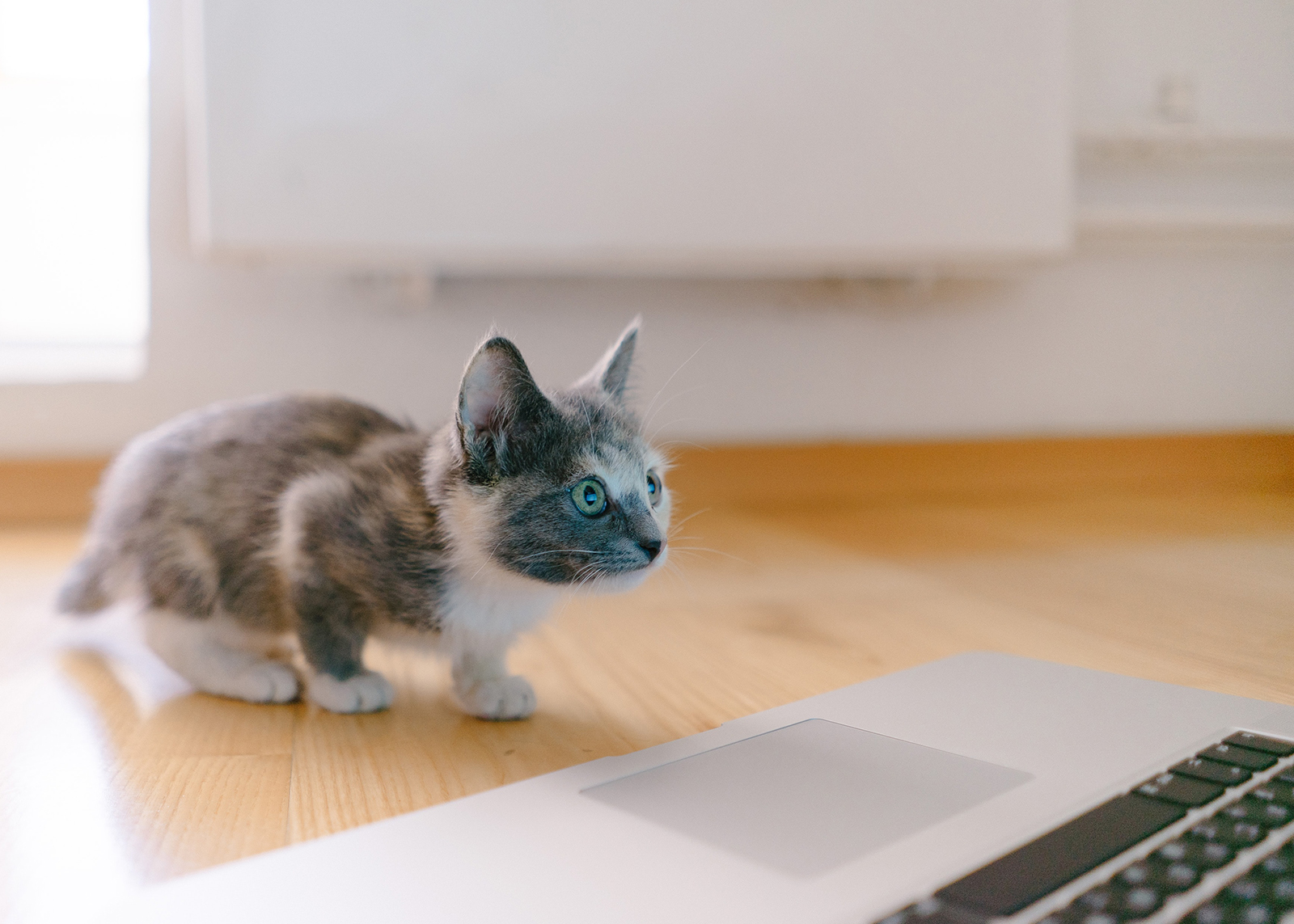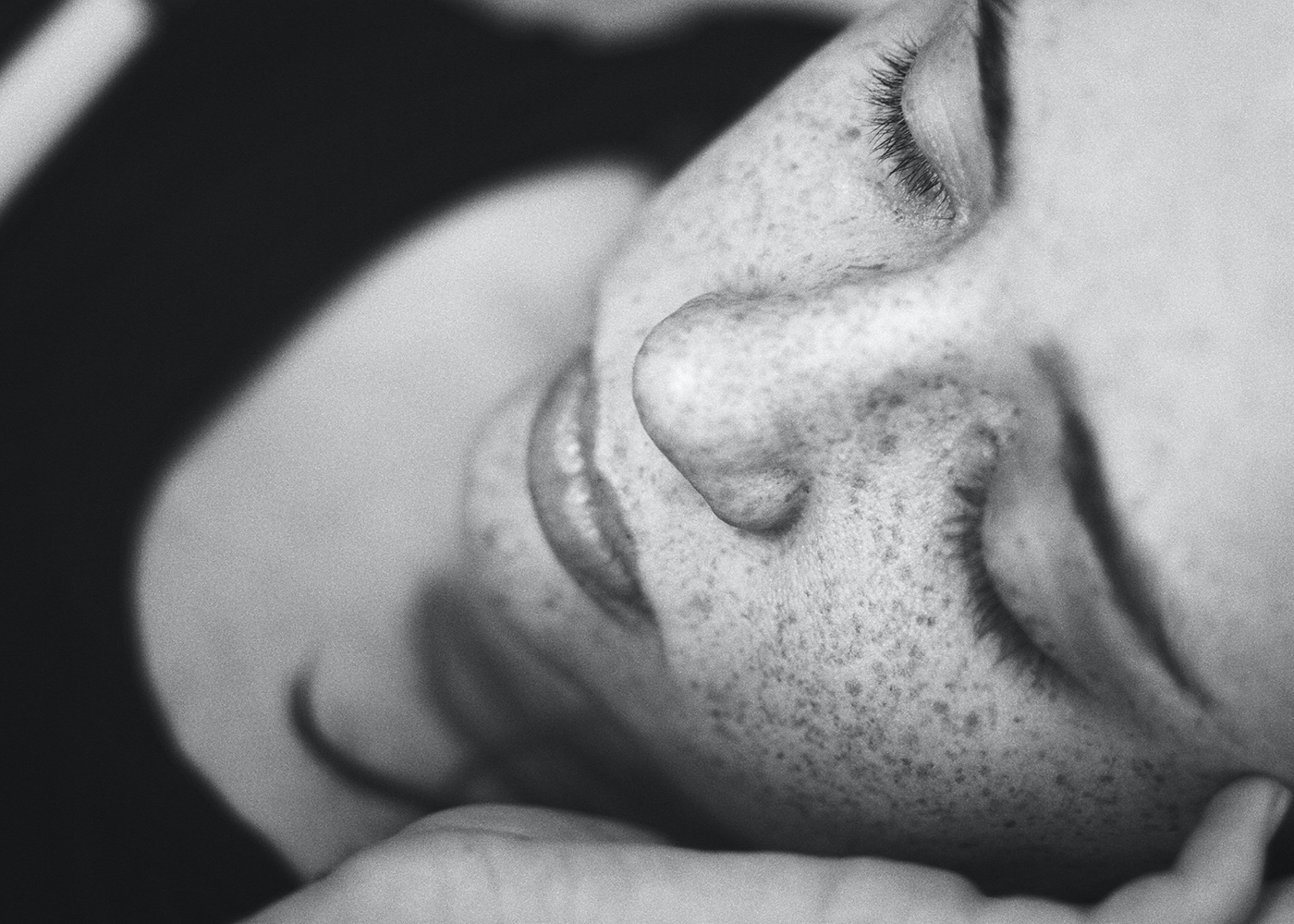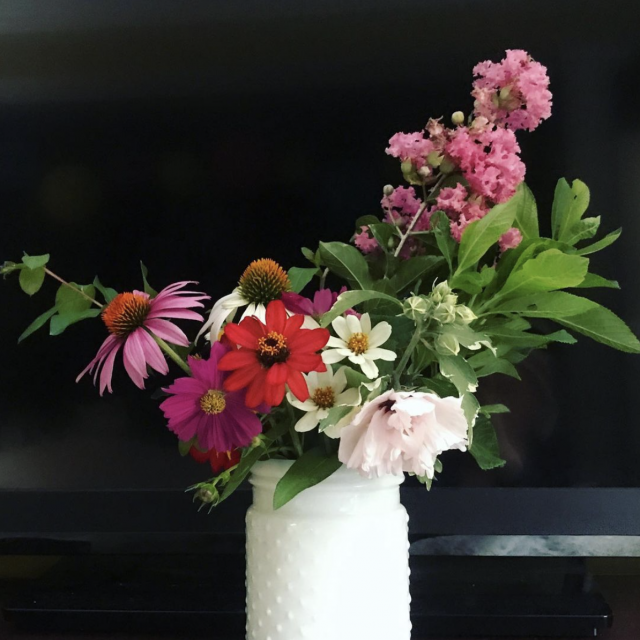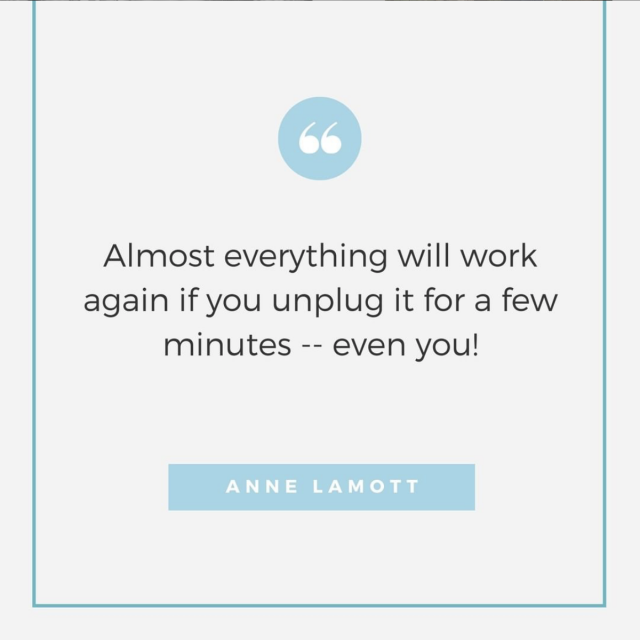Sometimes curiosity gets a bad rap, so you might wonder why curiosity matters. After all, it allegedly killed the cat and got Adam and Eve kicked out of Eden. And look at what happened to Bluebeard’s wife!
Yet most of humanity’s progress has been a direct result of curious people asking lots questions and trying to figure out the answers.
Plus curiosity appears to be hard-wired into our DNA. Just watch any crawling baby explore their environment and put everything into their mouth. And toddlers are famous for their insatiable curiosity and constant questions.
What Happened to Our Childhood Sense of Curiosity?
Somewhere along the way, a large number of us lose that sense of open wonder and curiosity we are born with.
In some cases, children may not receive the baseline level of safety and security that they need for curiosity to emerge. Harry Harlow did experiments (pretty horrible ones actually) in the 1960s with primates and found that monkeys needed to feel safe to explore their environment. Even an inert, cloth monkey provided enough comfort for an infant monkey to explore. Without such a surrogate, the infant monkeys huddled in the corner of the cage, paralyzed with fear.
Curiosity is often discouraged to some extent by parents. After all, curiosity can be inconvenient, or sometimes even dangerous, as in “what happens if I stick my finger in this hole in the wall?” Answering “why” questions fifty times a day can be tedious, and sometimes parents don’t have the energy to deal with it. According to one study, curiosity begins a dramatic decline after age five.
Messaging from schools, teachers, and employers can also dampen curiosity. Teachers may discourage questions because they slow down the lecture. Peers may ridicule a “stupid” question. And employers may discourage curiosity fearing that it will make employees less efficient.
Other Reasons Curiosity May Be Stifled
As we become adults, we develop many habits of thinking and patterns of behavior to make it easier to function in the world which have the side effect of stifling our curiosity. For example:
- Curiosity requires humility, a willingness to say “I don’t know something”, or “I might be wrong about something”. This is the type of curiosity that builds trust and confidence in all kinds of relationships, but it can unfortunately be perceived as weakness or an unacceptable vulnerability.
- Curiosity requires time and energy to research, investigate, and explore. In this day and age of overwhelm, we may not have the time or bandwidth to be curious.
- Curiosity requires openness, a willingness to learn something that might challenge a deeply held and cherished belief or understanding. For some people, this can be an insurmountable barrier.
- Curiosity requires courage, because you may learn something that changes you, or requires an action from you. For example, “Is my husband cheating on me?” may be a question whose answer you aren’t ready to face.
- Curiosity requires an ability to challenge your confirmation bias, the tendency to believe that your beliefs, your choices, and your actions are right and to filter the world for evidence that supports our bias. This filtering involves elevating the importance of evidence we like and denying evidence that challenges our bias. We see this all the time in political debates, especially in the “What about ___” arguments that are commonly used.
- Curiosity requires stepping into fear, the fear that you may offend people, that you may say something dumb, that you may make a mistake, that you may be criticized, that you may be ostracized from a group, and so on.
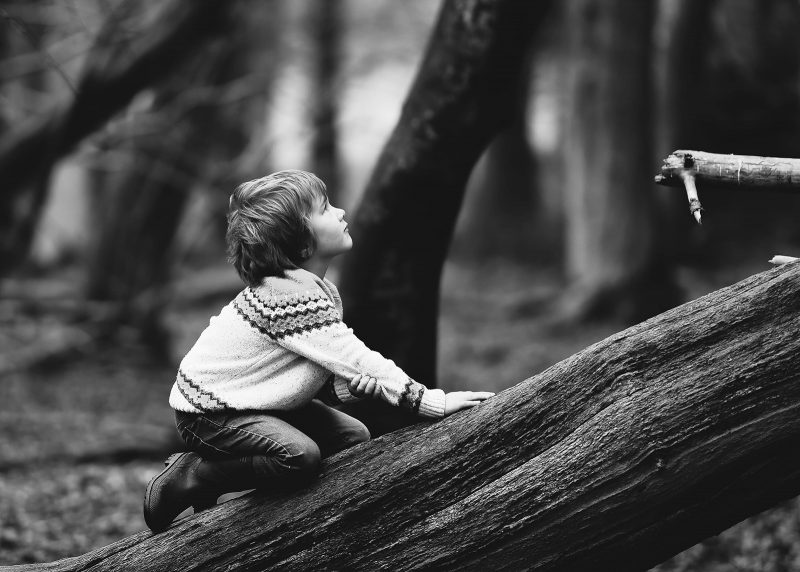
Why Curiosity Matters
Not only does curiosity move humanity forward, it makes life more interesting. It’s a wonderful asset that’s worth cultivating. While curiosity may not always be put to good uses (consider curiosity in the context of experiments in Nazi prison camps), that is the result of amoral ethical codes and not a reflection of the value of curiosity.
- When applied to science and engineering, curiosity moves mountains — it literally makes the impossible possible. It solves problems. It puts men on the moon. It splits atoms. It creates cell phones and computers. It cures disease.
- When applied to artistic endeavors, curiosity encourages creativity and experimentation and breaks new ground. For example, Impressionism began as curious artists challenged conventional wisdom about art and explored new ways of painting. What happens if I use these materials? If I barely mix these two colors together? If I use dabs of paint instead of long brush strokes?
- When applied to people, curiosity encourages empathy, connection, and compassion. Asking questions, being attentive to answers, being curious about other people’s backstories, feelings, preferences, and motivations can help build communities and bring people together in an authentic way.
- And when applied to oneself, curiosity can lead to better mental health. I have always considered myself to be a very curious person — I’m curious about people’s stories, I’m creative, I have a lot of interests and hobbies, etc… But I definitely had my curiosity blind spots, especially about some of my deeply ingrained beliefs and assumptions about who I was. Getting curious about some of these beliefs and asking questions about them has dramatically increased the quality of my inner life.
Cultivating Curiosity
So how can you increase your curiosity? Practice. Think of curiosity as a skill that needs a lot of repetition before it becomes intuitive. Like driving, or skiing. So if you’re out of practice, it might be helpful to schedule time in your calendar at least weekly to fan the flames of your curiosity.
Here are a few ideas to get you started:
- Mine your childhood for areas to explore. What did you love to do as a child? What interested you?
- Go to a different section of your favorite book store and find a new book to read. Or explore the Dewey Decimal System here and choose an area that sounds interesting and go check out a library book.
- Explore Brainpickings.org by the wonderful Maria Popova. Scroll down a little bit and on the left side bar, click on “surprise me” under the Archives.
- Subscribe to a variety of magazines and keep them readily available to read.
- Keep a list of “things to explore further” —it can be on your phone, or post-its on your computer, or a notebook. Add to this list whenever you come cross something that seems interesting or that makes you wonder.
- Learn something new. Join a club, take a class or be self-taught. This can be in an area you are interested in, or just for fun, you can try taking class in something you hate or that you’re bad at. For example, I joined Toastmasters one summer because I’m terrible at public speaking and I was terrified of it.
- Ask a lot of questions. You can try asking questions in areas that capture your interest, or you can ask questions in areas that aren’t working for you or are causing you stress.
Curiosity improves the human condition. It is essential for learning and for growth. It enhances our relationships with others and ourselves. It makes life a more interesting and compassionate place. Plus it is its own reward – it’s fun!
Photo Credits: Annie Spratt and Sereja Ris
Did you enjoy this article? You may enjoy my newsletter. Subscribe below, or read the current issue here.


